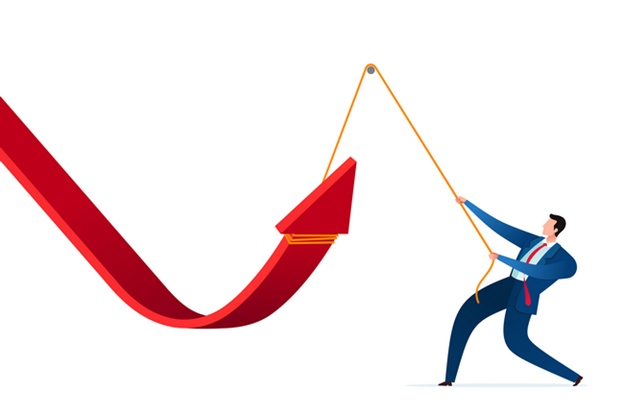Have you ever had a conversation that went something like this?
CEO: “So, do you have an update on our insurance?”
CFO: “Well, I have good news and bad news.”
CEO: “Bad news first, please. Always.”
CFO: “I took a look at The Company’s coverages and talked with our broker. The bad news is that our insurance bill is going up, way up.”
CEO (interrupting): “By how much? We’re kind of tight right now.”
CFO: “The premium increase will be almost 40% over last year. We might want to shop it. But the good news is…”
CEO (interrupting again): “Let me guess - another invitation from the insurance broker to a charity golf event in the month of November?”
CFO: “Actually the good news is that this year we have identified some significant gaps in our coverage. We have the opportunity to close those gaps now to better protect The Company in the future from significant financial risk.”
CEO (looking unconvinced): “Oh?”
CFO: “With our new advisory board of directors, we will need D&O insurance. Also, the broker has been recommending cyber insurance for the last several years, but The Company continues to put off purchasing any kind of coverage in this area. I strongly recommend that we should cover ourselves in this area.”










